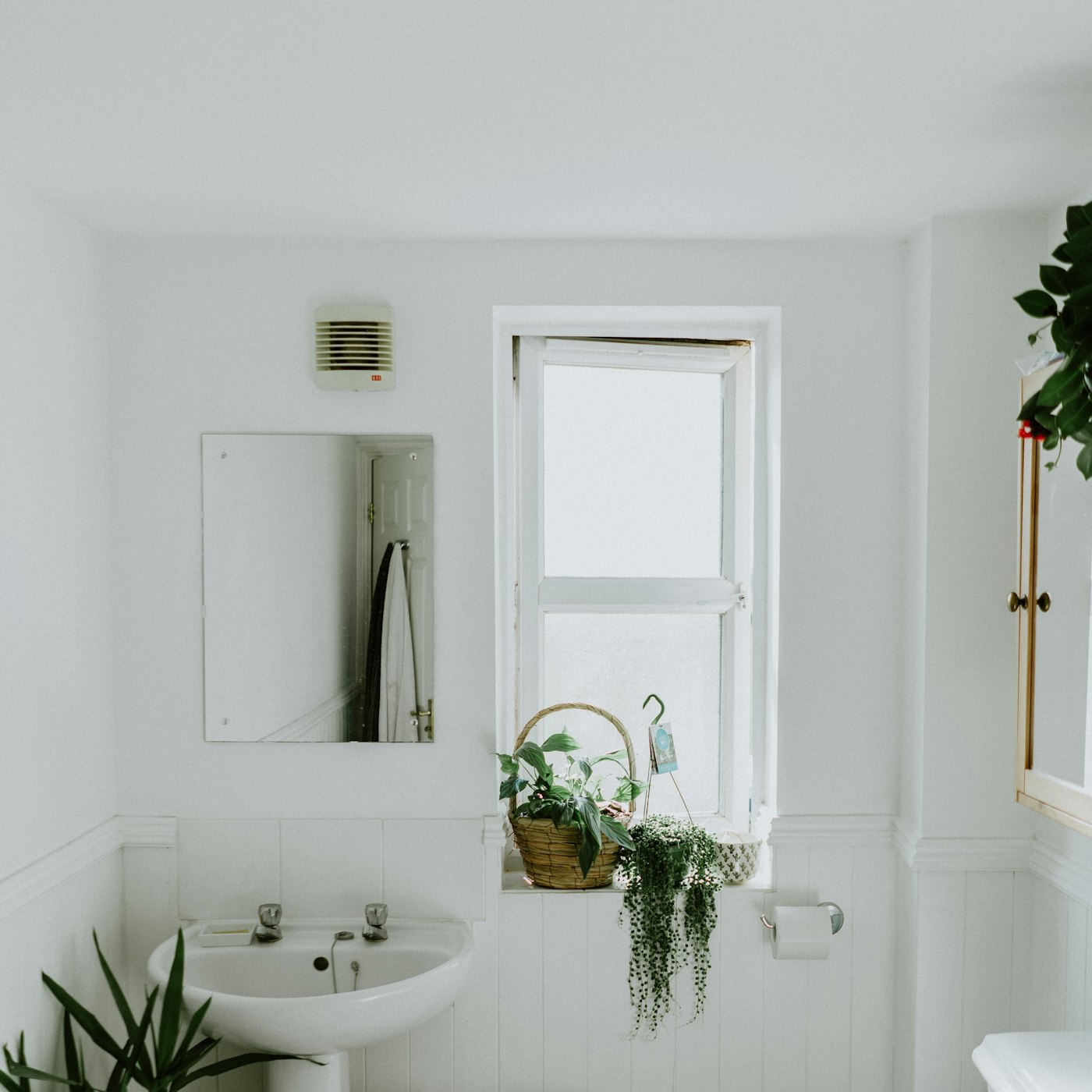An Introduction to Vaginal Steaming
by Ashiya Mendheria in Culture & Lifestyle on 26th September, 2019

Please consult your health professional if you have specific health concerns and see disclaimers below on when NOT to steam*
Yoni (Sanskrit for vagina) steaming is a form of ancient medicine for reproductive and menstrual health, practised in Korean spas, Somalia, Mozambique, Indonesia, Thailand and parts of Central America.
A life-changing self-care practice, yoni steaming has the power to address many common issues. Alongside good nutrition, movement, deep breathing, spiritual connectedness and healthy relationships, it is a beneficial practice, including for those who may have specific conditions such as PCOS, fibroids and endometriosis. Yoni steaming is also beneficial for postpartum recovery, healing the uterus and bringing it back to pre-pregnancy size, however for this it is best to work with a postpartum practitioner trained in yoni steaming. For postpartum healing, one needs to be able to differentiate between lochia and actual bleeding, whereupon if the bleeding is the latter, a woman should not be yoni steaming.
Benefits of yoni steaming:
- Relieves PMS
- Cleanses the entire uterus
- Reduces cramping
- Can improve fertility
- Alleviates painful intercourse
- Enhances orgasms
- Increases sexual lubrication
In terms of menstrual health, oftentimes PMS, cramps, and dark, brown blood (which is old blood stuck in the uterus) are signs of poor circulation and that the uterus is not being fully cleansed. Poor circulation is a common issue that leads to stagnation – this is where steaming becomes especially miraculous. In the same way, aestheticians use facial steaming to open and clean pores, the combination of aromatic and purifying herbs and steaming gives the uterus a thorough clean.
*When you should not yoni steam:
– during active menstruation or fresh spotting
– if pregnant
– if you have an IUD in place
– during and after the ovulatory phase if trying to conceive
– in extremely hot weather
– if you are experiencing hot flashes
The best time to yoni steam:
– before menstruation during the luteal phase
– after menstruation during the follicular phase
– towards the end of the day or before bed
– aim to sleep by 10pm through to 3am for optimal rejuvenation
Picking the right herbs
According to Keli Garza, founder of Steamy Chick, most herbal blends promote circulation and cleanse the uterus, however, the blends might not be suitable for all women. The safest option is to purchase a blend from a herbalist or a mizan therapist. Mizan therapy is a form of reproductive, digestive and emotional healing, bringing balance and harmony back to the body primarily through abdominal massage, as well as diet and lifestyle recommendations, herbal medicines, yoni steaming and castor oil packs.
Blends tend to include fragrant, womb-healing herbs such as rose, chamomile, raspberry leaf and lavender.
How to steam for general menstrual health:
– Fill a stainless-steel pot with 1.5 litres of cold water and pop it on the stove
– Add 2-3 heaped tablespoons of your herbal blend to the water and bring it to a boil
– Cover the pot, turn the heat low and allow the water to simmer for 5-7 minutes
– While the water is simmering, relieve yourself in the bathroom and undress from waist down, except socks.
– Turn off the heat and allow the water to cool slightly for a couple of minutes
– Pour the water slowly and carefully into a large stainless-steel bowl. Do not use a plastic bowl.
There are a few ways to steam:
- Place the bowl between your legs and wrap your waist in a towel or blanket, or wear a large, flowy abaya that will give enough room for a wide stance and the bowl. Slowly squat as low as you can and allow the steam to do its yoni magic. You can rest your hands forwards on the floor and/or stand up every so often to take the pressure off your legs.
- Ensuring your toilet bowl is thoroughly cleaned, place the empty stainless-steel bowl in the toilet first, then pour in the herbs and water, and sit.
- Place the bowl in front of a sofa or a low bed. Facing the sofa, straddle your legs around the bowl, leaning your forearms on the sofa, then cover your back and waist. For this position, you may want to allow the water to cool a bit further. This position may not be suitable for individuals with weak knees.
- Buy a vaginal steaming chair online and read the instructions carefully.
– You may want to practice the positions first, without the steam, to see which feels most comfortable to you.
– Sit over the steam for 10 to 20 minutes
– Once complete, drain the herbs in the toilet and wipe your vagina with some water and toilet paper
– You can practice yoni steaming one to three times a week for general menstrual health if you do not have any specific conditions, or as advised by your practitioner.
For more personalised instructions, Keli Garza has a wonderful online form, offering specific protocols by addressing various issues including mid-cycle spotting, abnormal discharge, fertility, postpartum care, prolapse and menopause.
Sources and other useful resources:
Ashiya Mendheria
Ashiya Mendheria is a nutritional therapist, and works with women and children of all ages, to cultivate wholesome health by focussing on nutrition and lifestyle changes. Ashiya believes health and vitality can be elevated through practical actions found in the daily, small but consistent habits.